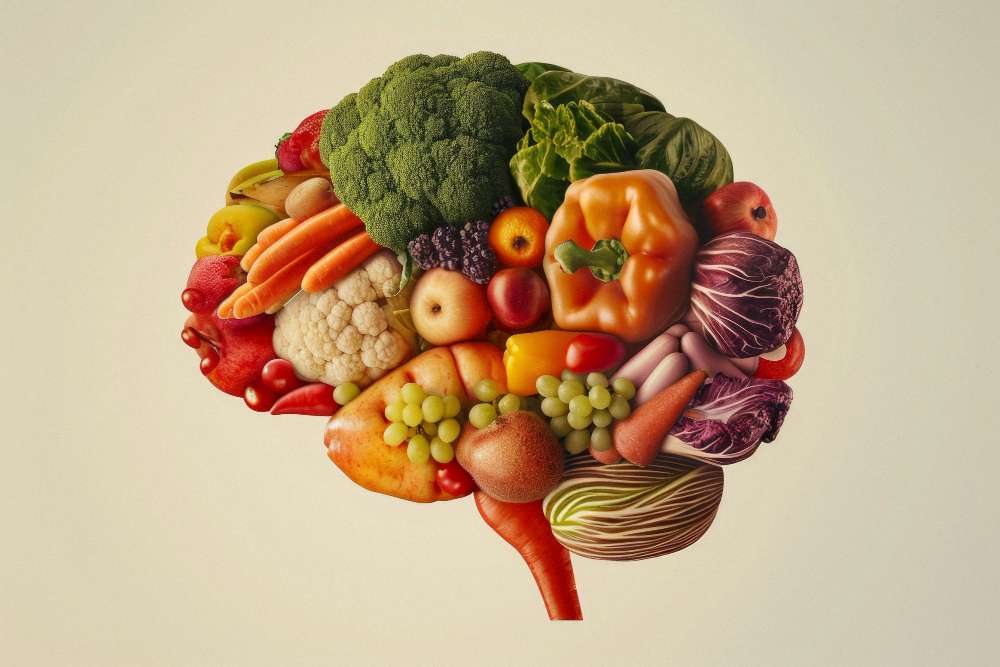In today’s world, instilling environmental awareness in our children is more critical than ever. As parents, we hold the key to shaping future generations into eco-champions who prioritize sustainability and care for our planet. By starting early and leading by example, we can lay the foundation for a lifetime of eco-friendly habits. But sustainable parenting doesn’t have to be daunting – it can be fun and rewarding for the whole family. From creative recycling projects to nature-inspired crafts and gardening adventures, there are countless ways to make eco-friendly choices enjoyable. Through play, we can teach valuable lessons about the environment while fostering a love for nature. By practicing conscious consumption and getting involved in environmental initiatives together, we empower our children to make a positive impact on the world around them. Together, as families committed to sustainable living, we can raise eco-champions who will shape a brighter, greener future.





